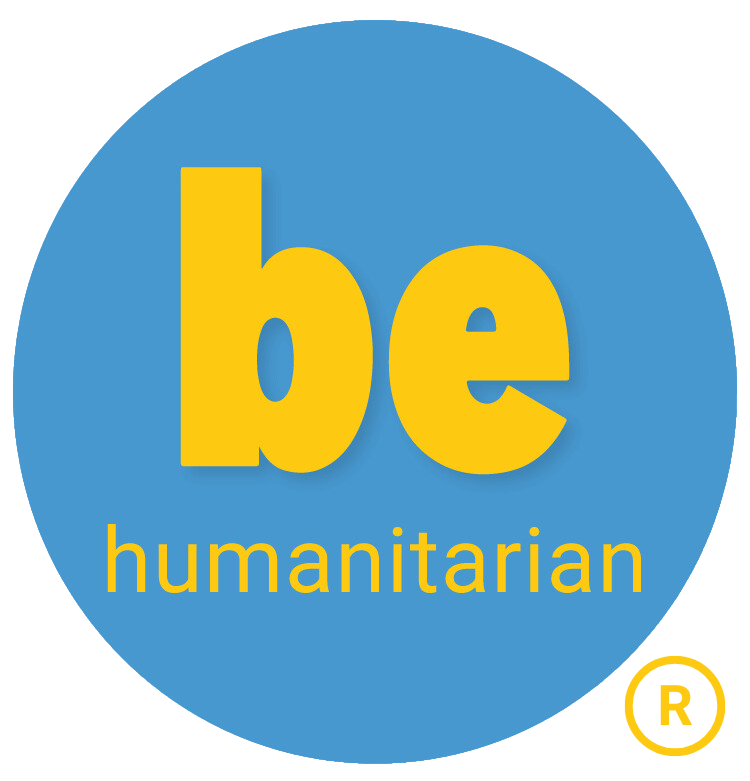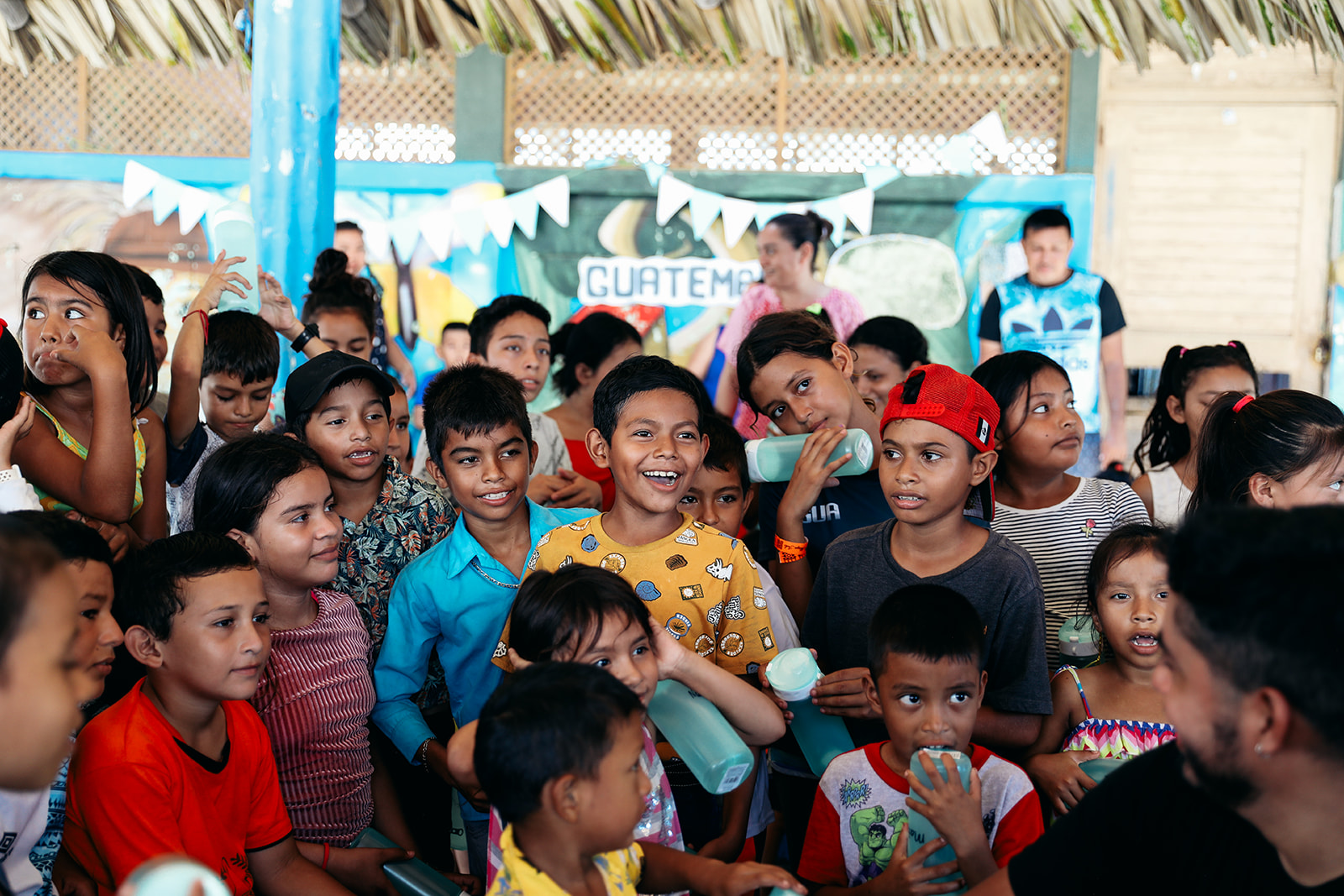Imagine waking up every morning, knowing that your child won’t have the opportunity to attend school. For millions of parents worldwide, this is the painful reality, affecting their lives, hopes, and the prospects of their children. Education, often seen as a universal right, remains inaccessible to far too many, limiting the potential of entire generations.
Throughout my life, I’ve believed that education can drastically alter the course of someone’s future. Whether in the United States or a developing country, education unlocks opportunities and opens doors. As a parent, the idea of not being able to send my children to school is both heartbreaking and deeply concerning. Education should be an essential right, yet millions of children worldwide are deprived of it. The impact of this deprivation is far-reaching and affects not only the children but entire communities and nations.
Having worked as a substitute teacher and teaching assistant in various schools, I’ve witnessed firsthand the advantages that education provides in the United States. It always struck me as strange that in many parts of the world, education isn’t mandatory. In the U.S., we often take for granted the requirement for children to attend school, something that isn’t as common elsewhere. This is especially apparent when we see how education in developing countries equips children with skills and opportunities that they would otherwise never have.
The Life Without Schools
What would life be like without schools? Without schools, families would lose the structure and stability that many rely on. Schools aren’t just places for academic instruction—they are hubs for social interaction, where children build friendships, learn empathy, and receive emotional support. In the absence of schools, children would miss out on these essential elements of personal growth and development.
Parents would face an even greater burden, taking on the responsibility of educating their children with little to no support. For many, especially in low-income households, this task would be overwhelming. Education is about more than just academics; it shapes the way children perceive themselves and the world around them. Without schools, children could grow isolated, lacking the skills and confidence to navigate the complexities of the wider world.
According to UNESCO, over 244 million children and youth between the ages of 6 and 18 are not attending school globally, as of 2023. Education is one of the most powerful tools for social mobility. It offers children the chance to break free from poverty, access better jobs, and create a brighter future. Without education, children are far more likely to remain trapped in a cycle of poverty that lasts for generations. This perpetuates not only individual hardship but weakens the broader economy. Skilled labor is essential for a nation’s economic advancement, and without a well-educated workforce, a country’s potential for growth is severely stunted.
Moreover, schools provide foundational knowledge in health, science, and civics, which is vital for the well-being of a society. Without this knowledge, public health and civic participation are jeopardized, which can have lasting consequences for both individuals and communities.
Making a Difference: Our Work in Guatemala
Recognizing the importance of education, my husband and I took matters into our own hands to address this need. Over three years ago, we launched a nutrition and preschool program in Guatemala for children aged three and under. The project was a huge success, and as the COVID-19 pandemic unfolded, we were able to expand our efforts and support older children as well.
Among the children we met were two girls who had never had the chance to attend school. They joined our program with their mother and younger sister, and for the first time in their lives, they began learning. Almost immediately, they became passionate about education. Thanks to generous sponsors, both girls are now thriving at private schools and have a future filled with opportunities.
Our organization, Be Humanitarian, has been able to sponsor their education and provide them with the resources needed to succeed. I’ve personally witnessed how their confidence has soared as they’ve started to believe in their own potential. For young women in particular, education is a key factor in reducing vulnerability to violence and discrimination. Educating girls not only improves their safety but also empowers them to dream bigger and reach further than ever before.
Barriers to Education: The Hard Reality
While these two girls were fortunate enough to access education, countless others still face significant barriers. In many parts of the world, poverty remains one of the biggest obstacles. Families who struggle to make ends meet often cannot afford the costs associated with education—school fees, uniforms, and supplies.
When we raised funds and gathered food and school supplies for a school in Guatemala, I had the chance to meet with local families. I will never forget speaking with a mother of five girls who explained how difficult it was for her daughters to attend school simply because they couldn’t afford a pencil. In the U.S., it’s nearly impossible to imagine that something as basic as a pencil could prevent a child from getting an education. But for millions of children around the world, this is the painful reality.
Thanks to our donors, Be Humanitarian has been able to support many families in our program, providing school supplies, uniforms, backpacks, and even shoes. This support helps to eliminate some of the financial barriers that prevent children from going to school.
The Lasting Impact of Education
The consequences of not having access to education are profound and far-reaching. Education isn’t just about learning facts or passing tests; it’s about developing critical thinking, decision-making, and problem-solving abilities. Without these skills, children are ill-prepared to face the challenges of adulthood. Education is also critical for emotional and psychological growth. Schools are spaces where children can learn resilience, form their identities, and build self-esteem. In the absence of these experiences, many children struggle with low self-worth and a lack of direction.
Growing up in a developed country, I often feel fortunate that my community values education so highly. It’s easy to take this for granted. However, I long for a world where every child, no matter where they are born, has access to the education they need to escape the cycle of poverty and build a better life for themselves.
At Be Humanitarian, our ultimate goal is to support every child in our program from preschool all the way through university. We are committed to providing the education and nutrition that will empower them to achieve their dreams. Education opens doors to a future full of opportunities, and we aim to help these children unlock those doors.
Education: The Key to a Better Future
Education is not just a personal benefit—it is a societal necessity. By working together—governments, organizations, communities, and individuals—we can help ensure that every child has the opportunity to learn and fulfill their potential. The future of our world depends on it.
Together, we can break the cycle of poverty and build a brighter, more equitable future for all. The world needs educated individuals who can create change, innovate, and drive progress. Education is the first step toward that future.

